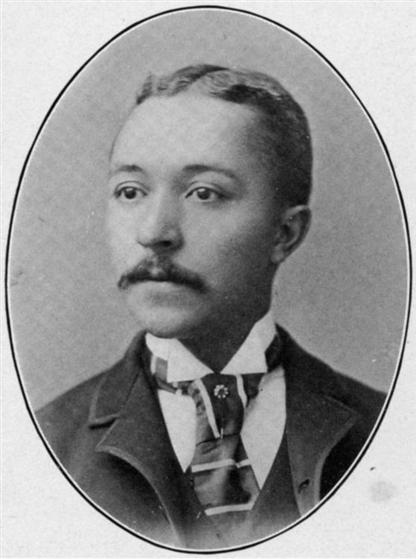
The center builds upon longstanding efforts at Yale, and on the legacy of students such as Ebenezer Bassett (1833-1908).
Born in Connecticut into a Native American (Schaghticoke) and African American family, Ebenezer Bassett excelled in coursework at the Connecticut Normal School (now Central Connecticut State) and at Yale, where he pursued courses in mathematics and classics in the 1850s.
Facing racial discrimination, Bassett became an influential educator, an abolitionist, and a public servant with a national and international vision. Twelve Yale faculty members supported his bid for a government appointment after the Civil War, and in 1869 Bassett became consul general to Haiti and chargé d’affaires to the Dominican Republic. Conversant in both French and Haitian Creole, he gained a hemispheric understanding of racial politics, the Black diaspora, and political refugees, and his Handbook on Haiti was published in four languages.
Ebenezer Bassett served as Haiti’s consul in New York City, and his sons Ebenezer and Ulysses both attended Yale College. He is buried at Grove Street Cemetery in New Haven not far from faculty members and prominent New Haven residents such as John Blassingame, Sylvia Ardyn Boone, Mary Goodman, Asakawa Kan’ichi, Vashti Duplex and Courtland Van Resellaer Creed, Kingman Brewster, and others who shared many of Bassett’s interests.
